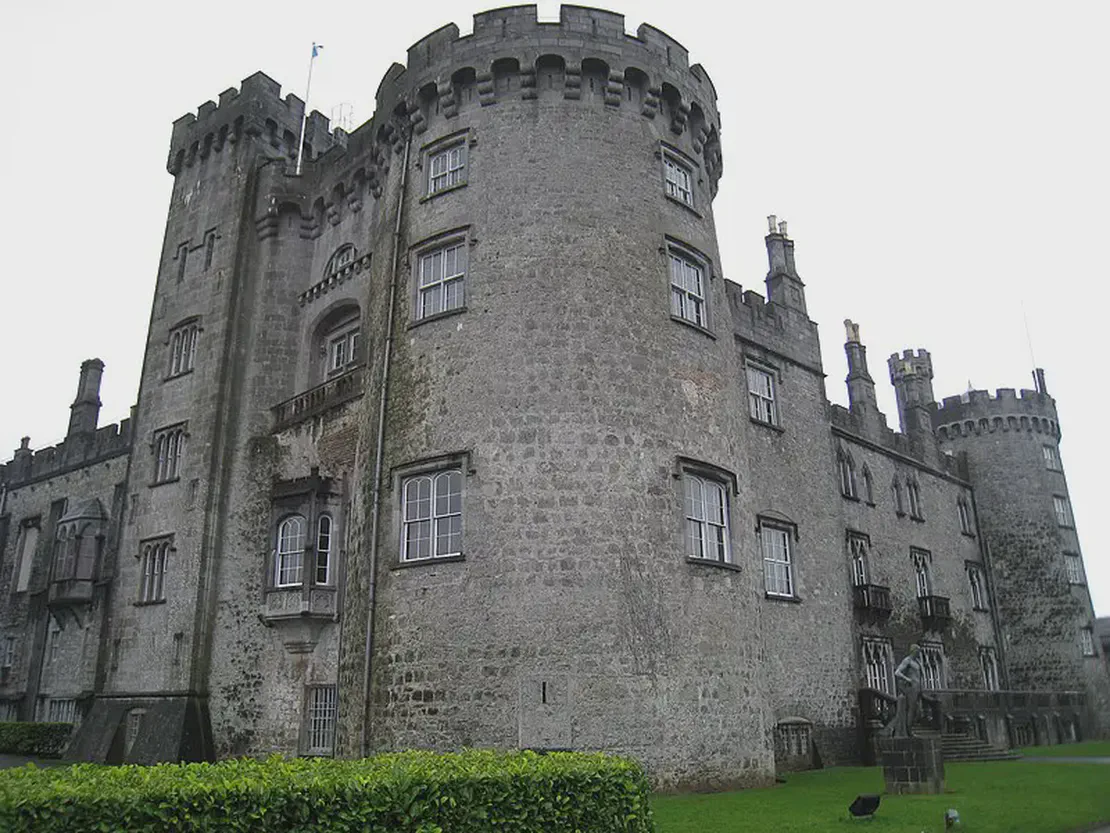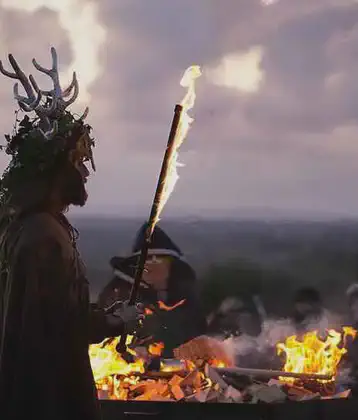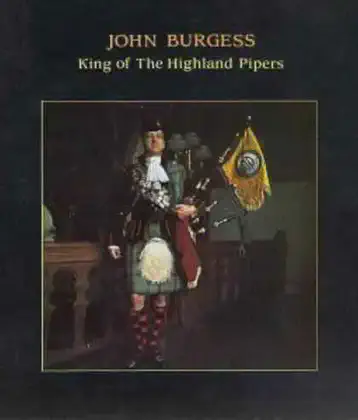On March 27, 1650 in Celtic History
Kilkenny surrenders to cromwell

The siege of Kilkenny was the isolation and capture of the fortified capital of the Irish Confederates by the New Model Army of the English Parliamentarians in March 1650 during the conquest of Ireland by Oliver Cromwell.
Kilkenny, an important town in Ireland during the 17th century, surrendered to Oliver Cromwell on March 27, 1650. This event was part of Cromwell’s campaign in Ireland, which aimed to subdue the island and bring it under the control of the English Commonwealth. Cromwell landed in Ireland in August 1649, following the English Civil War, during a period known as the Cromwellian Conquest of Ireland.
The surrender of Kilkenny was significant for several reasons. Kilkenny had been the de facto capital of the Confederate Ireland government, which represented Irish Catholic interests and sought greater autonomy from English rule. The Confederation was formed in 1642, rallying various Irish factions against English authority, but it faced internal divisions and external pressures from both Royalist and Parliamentary forces.
Cromwell’s campaign in Ireland was marked by its brutality, with several massacres of garrisons and civilians, most notably in Drogheda and Wexford in 1649. These actions aimed to break the resistance quickly but also fueled lasting resentment and suffering among the Irish population.
The fall of Kilkenny marked a turning point in the campaign, demonstrating Cromwell’s effectiveness in military strategy and further weakening Irish resistance. After the town’s surrender, Cromwell’s forces continued their campaign across Ireland, leading to the eventual defeat of Irish and Royalist forces. The conquest had profound and lasting effects on Ireland, including significant land confiscations and population displacement, contributing to long-term political and sectarian divisions.
Cromwell’s actions in Ireland remain controversial, viewed by many as a brutal suppression of the Irish people, while others argue they were a necessary measure to restore order and assert English control over a rebellious territory. The consequences of the Cromwellian Conquest influenced Anglo-Irish relations for centuries to come.
Related Content

Shane Patrick Lysaght MacGowan, lead singer of the Pogues, died
Shane Patrick Lysaght MacGowan is an Irish-English musician and songwriter, best known as the lead singer and songwriter of the punk band The Pogues.
Read More
St Machar Day, patron saint of Aberdeen
Saint Machar is the Diocesan Patron Saint of Aberdeen; the Feast Day being observed on 12th November.
Read More
Oíche Shamhna - Cetlic New Year Eve (Halloween)
In Scotland and Ireland, Halloween is known as Oíche Shamhna, while in Wales it is Nos Calan Gaeaf, the eve of the winters calend, or first. With the rise of Christianity, Samhain...
Read More
ALBAN ELFED (Welsh Bardic name for autumn equinox)
Alban Elued, The Light of the Water, the first day of Autumn, was also called Harvesthome. Observed on September 21, the Autumnal Equinox was the day when the sun again began to...
Read More
Feast day of St. James
Guinness St. James Gate Since mediaeval times, Dubliners held an annual drinking festival in the Saint’s honor. Fittingly, Guinness chose St. James’ Gate as the site for their...
Read More
John Davie Burgess, King of the Highland Pipers, died at age 71.
John Burgess died on June 29, 2005 at the age of 71.
Read More
No location specified

No location specified

No location specified

No location specified

No location specified

No location specified

No location specified

No location specified